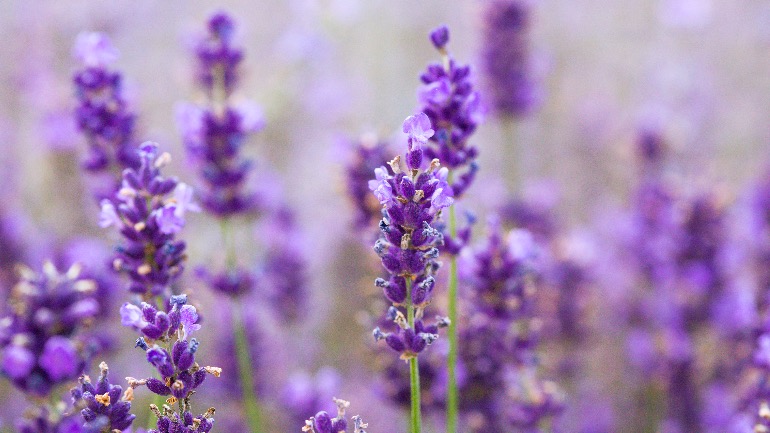Second, according to the sutras, when we dedicate, no matter how great or insignificant virtuous karma may be, we should never make the vows of the celestial being and human realm or that of a shravaka: “May I, through this root of virtue, attain the state of Chakravarti (a universal monarch), or have health, long life and so forth.” Rather, the vow should be: “May I, with this root of virtue, become the refuge of all sentient beings, the one who delivers all from samsara.” To dedicate as such with resolution is dedication of a bodhisattva.
KHENPO'S BLOG
The Buddha himself once said that there were quite a few inconsistencies in his teachings in order to suit the taste of different audience, but the one that would never change is the teaching on emptiness. For example, from the point of view of relative truth, impermanence and suffering being the nature of all phenomena are deemed absolute truth, but not from the point of view of the ultimate truth. In the Three Dharma Seals, only no-self is deemed the absolute truth.
- Quote from The Right View, "Buddhism—the Definition"
After a person has killed a being or stolen things, the karmic seed of such action will remain in this person’s alaya consciousness. When it will germinate is uncertain, however.
If the purpose of doing a practice is to obtain happiness or to chase away suffering in this life, it is an unwholesome motivation. Although it is better than not having faith in the Buddha’s teachings or being indifferent to cultivating virtue, it does not lead to enlightenment. Thus, practitioners seeking liberation from samsara must not harbor this kind of motivation. It is also stated in the scriptures that such motivation must be given up. So every time we do something good, we should always check our motivation first.
However, neither the Nirmanakaya nor the Sambhogakaya is the true Buddha, only the Dharmakaya, the union of wisdom and compassion, is.
Before having realized emptiness, it is not possible to truly free mind of concepts. Then, we can just adopt an approximate approach to all actions, which is relatively close to but not quite the real thing. For example, after we have learned the analytical techniques of Madhyamaka, we can fully appreciate the idea that phenomena manifest and, at the same time, are devoid of intrinsic reality, like dreams. However, this is just theoretical understanding, not true realization of emptiness.
The idea of great compassion, as elucidated by the Buddha, does not exist in any of the worldly schools of thought. The traditional Chinese culture upholds moral principles and the Western culture advocates charity and social welfare. But the Buddha’s idea of altruism, demonstrated by the meditation practice of tonglen, for example, and the bodhisattva’s commitment to unconditional dedication to others, are unparalleled.
- Quote from The Right View, "Buddhism—the Definition"
Rongzom Pandita, one of the greatest scholars of the Nyingma lineage, once said, “The invariable definition of Buddhism is wisdom and compassion. No other explanation can fully express the core of Buddhism.”
- Quote from The Right View, "Buddhism—the Definition"
An analogy of dedication is that a person, unwilling to keep the food just for self consumption, shares with others. Does this mean one’s virtuous karma is reduced after dedication, the same way one only keeps a dollar after sharing ten dollars with nine other people? The root of virtue is not at all like that. The more it is dedicated, the more it grows; the more it is kept for oneself, the more likely it decreases. This aspect of the root of virtue is just the opposite of that of worldly things. Thus, never forget to dedicate.











